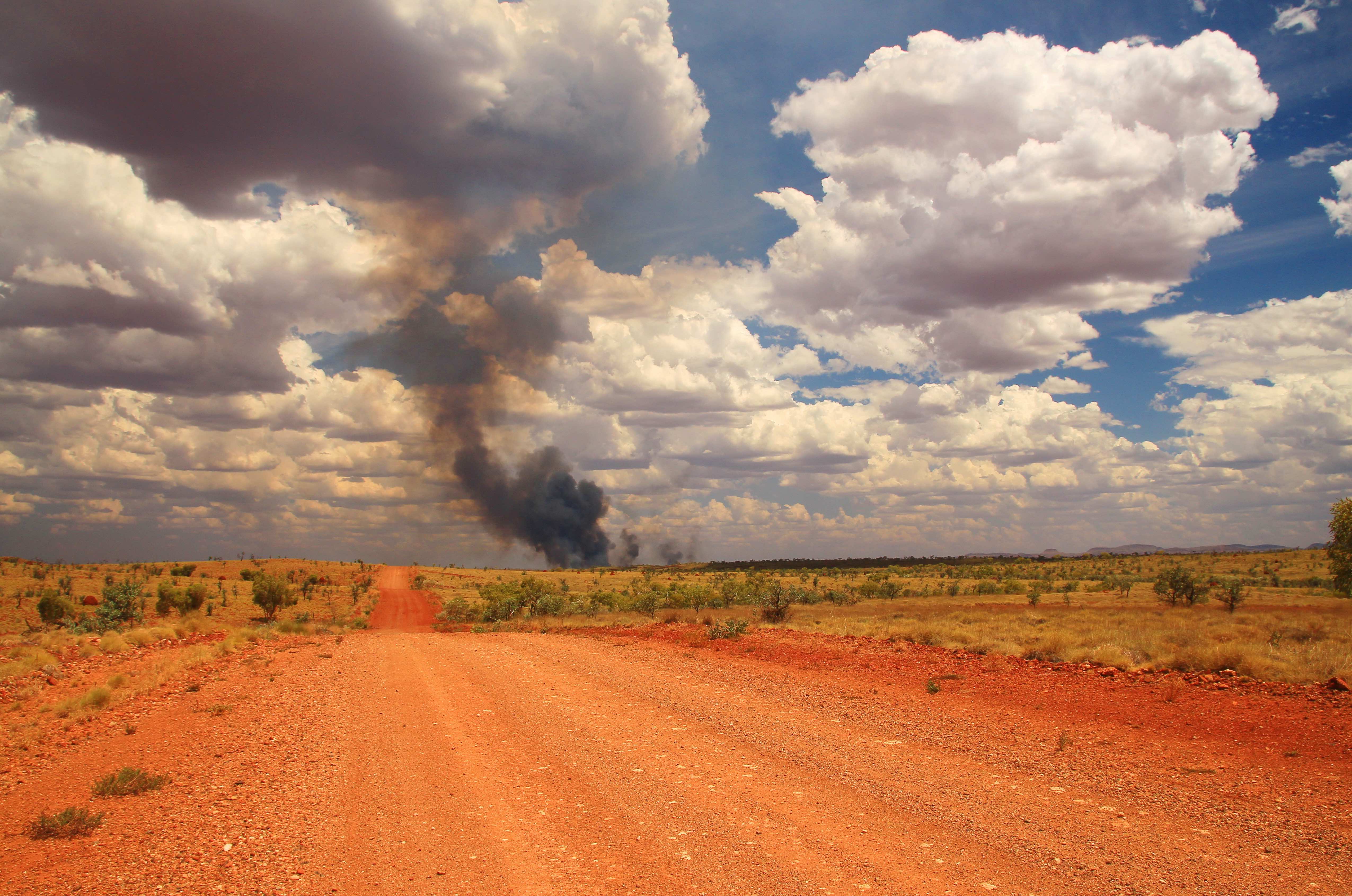Learning to live with fire

Fire. It’s a constant in the Australian landscape. But how we manage our bushfire risk isn’t just about the environment we live in, it’s also about changing our cultural attitudes to fire
Published 6 February 2019
When we talk about bushfires in Australia, we talk about the devastation. But Professor Cristina Montiel Molina from the Complutense University of Madrid says we need to re-think that.
“We don’t consider fire a natural element in our lives, but it’s a part of the landscape,” says Professor Molina.
“We don’t really know how to live with fire.”
In fact, Professor Molina says the mega fires experienced in Europe, Australia, Chile and California in recent years are our own fault – they are a result of poor decisions around spatial planning, land management and fire policies.
And, in order to manage the risk posed by fire, we have to change our attitudes.
Episode recorded: December 19, 2018.
Interviewer: Steve Grimwade.
Producer and editor: Chris Hatzis.
Co-production: Silvi Vann-Wall and Dr Andi Horvath.
Banner image: Shutterstock.
Subscribe to Eavesdrop on Experts through iTunes.

